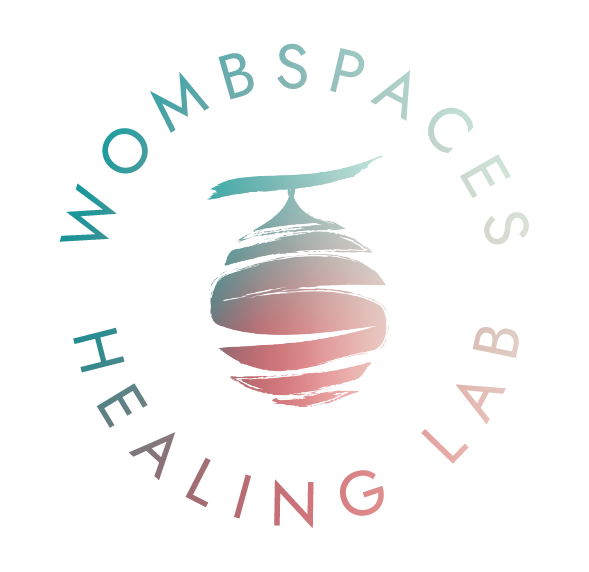Exploring the Erotic in my Work.
THE EROTIC
In Audre Lorde’s essay “Uses of the Erotic: The Erotic as Power,” the erotic is identified as “a measure between the beginnings of our sense of self and the chaos of our strongest feelings” (Lorde, 94).
In the introduction to the same essay, Lorde is described as “anti-ascetic in her demands that desire be made conscious & sensuality affirmed.” I chose to bring this into my professional domain to bring light and identity to my erotic journey.
Lorde urges us all to evaluate our emotions as opposed to suppressing them in order to answer the existential question of “who am I?” The term erotic is derived from the Greek word eros. Lorde states that the term eros is a concept which emerges out of chaos and eventually initiates “creative power and harmony” (Lorde, 96).
In my work we explore the erotic asking this very question “who am I?” I have spent my life in search of enlightenment until discovering that my obsession with seeking answers was slightly misguided because I was asking the wrong questions. I had the deepest revelations when I read Bessel Van Der Kolk’s book “The Body Keeps The Score.” This book brought clarity and distinction to the following questions, which started to help me understand my narratives and open me to this work: Who am I in my body because of my childhood development, generational/social conditioning and trauma?
I have been toiling over the writings of Lorde and others to feel into myself the distinctions between the erotic and professional work. I have been feeling lost in my own sense of trust as I have come up against some forces that challenge my desire to help women with their pelvic pain and share a broader scope of care that isn’t in our traditional medical paradigm called complementary medicine.
This new paradigm helps patients and clients alleviate side effect after treatments, support whole health practices, and offer preventive care.
The concept of risk has been central to my erotic exploration, guided by this principal question: Having not risked, what is lost; and having risked, what is gained?
Risk has fueled my willingness to be on the outside; I am on the fringe to reach the depths of my humanistic experience. I transformed my own healing process and in the process discovered that my felt sense is my superpower. I learned that the erotic is a real resource within us that provides creative energy that is also highly expressive and adaptable.
Sensation is the kernel of our potentiality that brings us to the threshold of our unexpressed feelings. Most of us (in case it isn’t clear to the reader I refer to “us” as all genders) fear the depths of this provocative force. I believe denying this energy as our humanistic experience disregards our souls’ existence that holds power, self-respect, and a clear voice.
My interest is to take a humanistic approach to sexual dysfunction, developmental disruptions, social conditioning, and trauma ranging from unprocessed injury from accidents, childbirth, surgical procedures, and the array of emotional and physical traumas.
I’ve spent my life carrying a compass that moved many directions according to my curiosity, as if I were devoted to a life at sea giving my life a rhythm of arrivals and departures.
I certainly wondered about a life of stability as a dry lander but couldn’t chose longing over belonging in the sea’s chaotic spirit, which I see as a part my humanistic experience. I recently read that humanism was a body and feelings therapy in the ‘70s that encouraged the open acknowledgement and expression of feelings. This seemed to underscore my mermaid notions of how the enigmatic sea expressed an overlapping theme of serenity and chaos, much like my own nature.
Lorde told us that the erotic is a power beyond sex, but with feeling everything we do as deeply as we were feeling sex. Many feel their bodies most deeply in sexual relationships. Lorde was telling us we could have the feelings of being alive through our skin to the world all the time. I said, YES to that! I only look back to mourn the amnesia of our culture.
Over the years, my curiosity for the mind and body has shaped my skill set. My work is based on 25 years of travel and self-inquiry, as well as creating art, poetry, and exploring the healing art of storytelling and songs. I have instructed yoga and meditation, studying many lineages and their philosophies over 20 years. All hold a treasure trove of wisdom that has influenced my growth and professional practice.
The past five years has been a deeper examination into the study of neuroscience, behavioral science, poly-vagal theory, attachment theory, and really any science that looks at the origins of the mind and body through relational touch, scar tissue remediation, and somatic sex education, to name just a few therapies.
I discovered Self:Cervix through a series of auspicious events after beginning a somatic training called NeuroAffective Touch. Both practices use polyvagal-informed models, involving therapeutic touch that guides the client on how to create healing for themselves. Together, these therapies rework trauma-based unconscious behavior responses and rebuild self-awareness and identity through empowerment. Strategies include de-armoring, consent and boundary practices to awaken our pleasure centers through self-love, and developing new ways to communicate with ourselves and others.
I am a woman on the go with an adventurous partner, and committed to deepening our relationship using these wonderful tools in addition to loads of laughter and play. If I could go back in time and speak with my youngest self, I would tell her this: your body is the key to happiness.
Moonbeam
August 17th 2021
